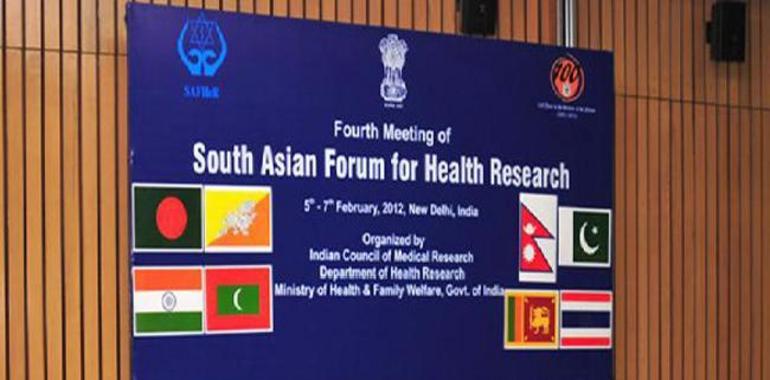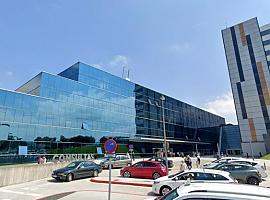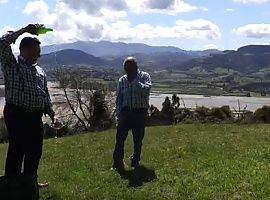New Delhi, Feb 8, IRNA -- The South Asian Forum for Health Research (SAFHeR), a grouping of eight regional nations with a combined population of 2 billion, agreed to work together in areas of maternal and child health, arsenic poisoning, cholera and dengue.
Taking a cue from member nation Bhutan's Happiness Index, the Forum under India's leadership, resolved to build a 'Happy' South-Asia and committed itself to promote research and knowledge-sharing in areas of common concern to the region.
The SAFHeR has said it would develop joint protocols for use across the region which remains low on the Human Development Index.
The group, comprising of India, Pakistan, Bangladesh, Nepal, Bhutan, Maldives, Thailand and Sri Lanka, identified the following top priority areas for collaborative research -– mother and child health, dengue, arsenic poisoning, cholera, accidents and trauma care and effects of climate change on health.
Health Research Secretary V M Katoch, who led discussions on India's behalf said, 'The region has some of the highest levels of poverty as it is home to about half of world's poor.
We have many common health challenges, maternal and child health, arsenic poisoning, dengue and cholera being some. We identified 12 areas for collaboration and knowledge sharing and will come up with joint protocols to face the challenges.'
Pakistan, India, Sri Lanka and Bangladesh have agreed to collaborate to fight arsenic poisoning. 'We want to look at quicker diagnostic options so that we can detect arsenic poisoning fast. We also agreed to bring cholera back on the agenda. For long, we have ignored cholera which remains a problem in South Asia,' Katoch said.
Katoch said a catalogue of common challenges will be prepared and responses to those challenges worked out accordingly.
'On dengue, Pakistan, Bangladesh and India will work together. Similarly, health system research, socio-behavioural research and cancer are the other areas identified for joint cooperation,' he said after the fourth meeting of the Forum concluded here Tuesday.
India has been chosen to head the Forum for two years.
Katoch said the focus of discussions was developing and sharing protocols on affordable technologies and vaccinations.
'Core development of vaccines is an issue. Deliberations on diagnostic methods will also be important. Cholera has been brought back into focus. We will also do a vaccine impact analysis to see which vaccine suits best,' Katoch said.
He added that India would be most willing to adopt the maternal and child health success stories of Bangladesh and Nepal, which have better maternal and child health indicators than their neighbour.
Meanwhile, Pakistan said it would be willing to explore the possibility of using the cholera vaccine tested in India. The vaccine, developed by the International Vaccine Institute, Seoul and tested in India, helps to fight cholera.
'We did not even know such a vaccine existed. Now that we do, I will inform my government about the possibility of using it. Cholera is an issue in Pakistan and we have ignored it for far too long for fear of global stigma. Health donors have always discouraged countries from reporting cholera. We are glad we are again discussing the issue,' Huma Quraishi, Executive Director, Pakistan Medical Research Council, said.




















